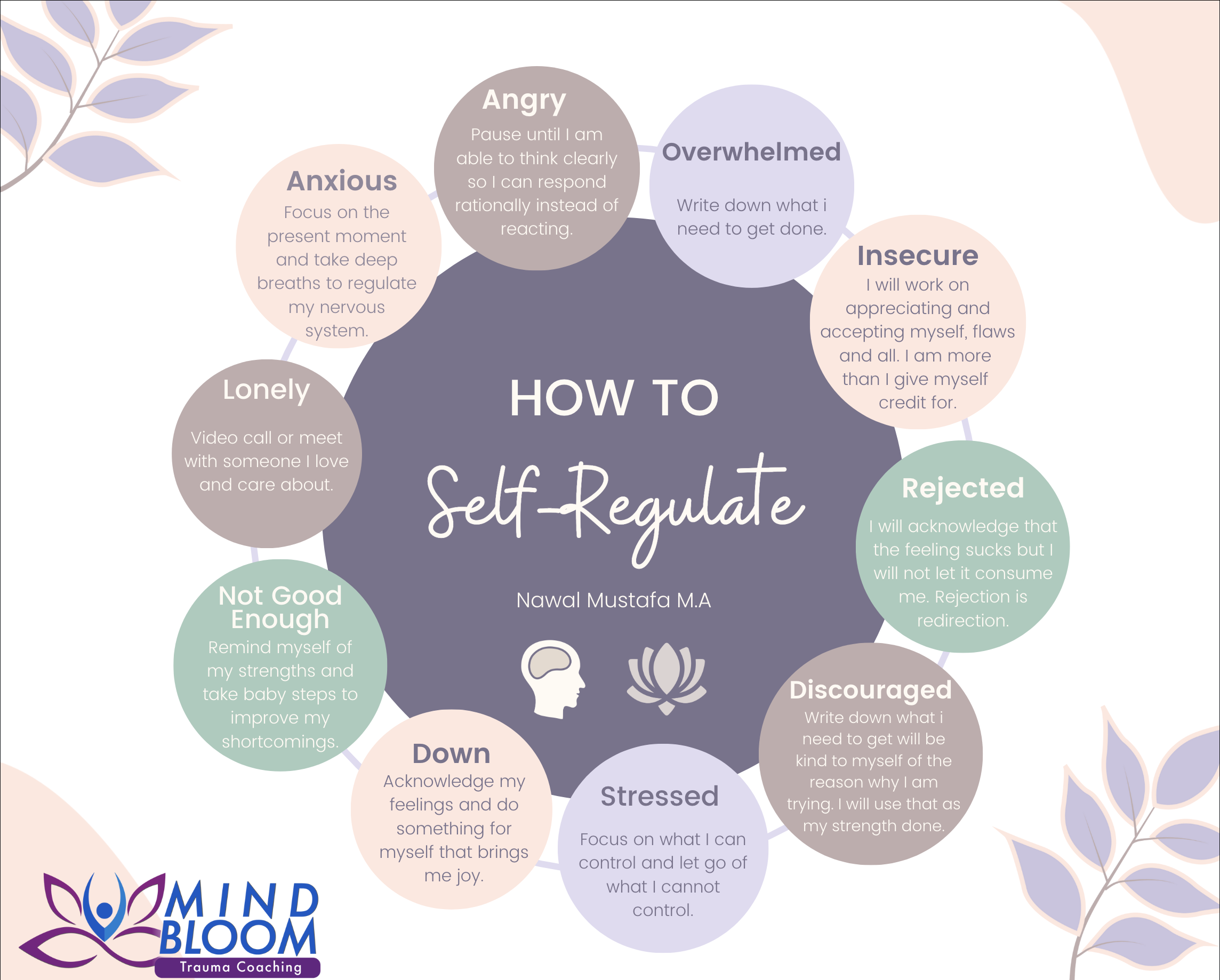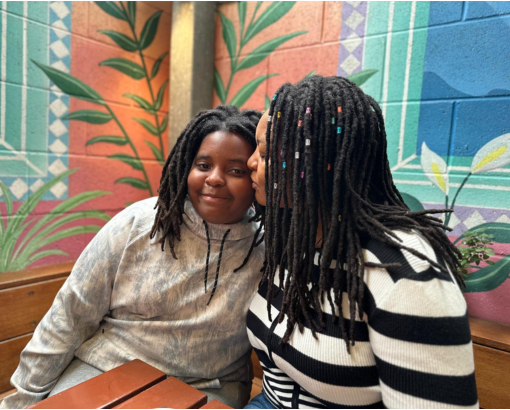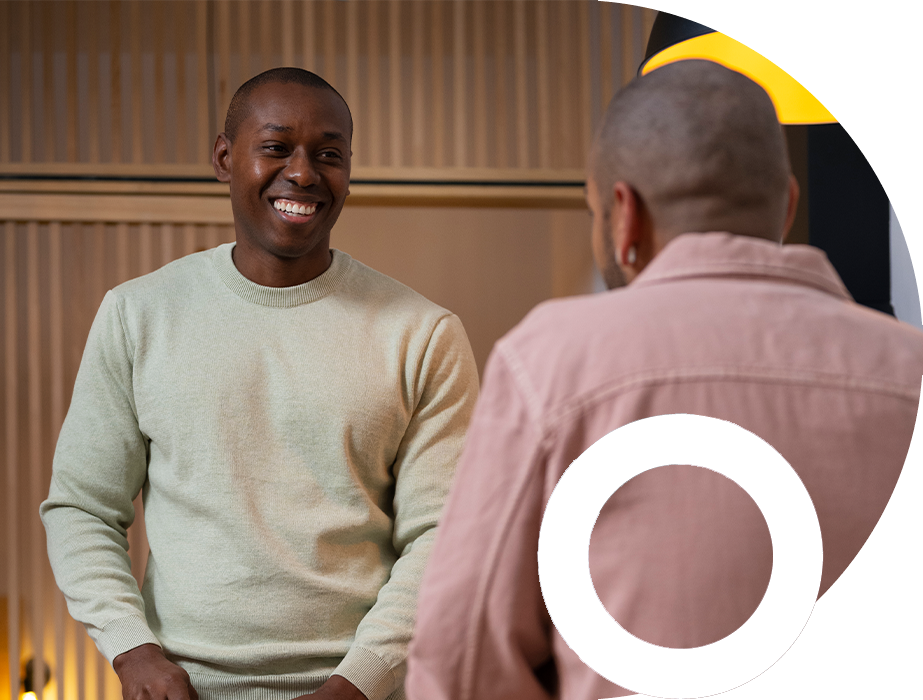One weekday, I found myself watching as my 5-year-old daughter accidentally dropped a saucepan from the kitchen counter. I turned to her, anger flickering in my eyes, prepared to voice words that could potentially break her heart forever. Sensing my distress, she stepped closer, gently grasped my arm, and softly said, “It was a mistake, Mom. It was a mistake; my teacher said its okay to make mistakes.” In that moment, her simple words disarmed my anger, teaching me my first lesson in embracing mistakes. This was the first time someone ever told me that mistakes are okay.
Growing up, my mistakes were not met with understanding or gentle guidance, but rather with harsh words and punitive actions. A small mishap would often escalate into a torrent of insults about my carelessness, sometimes accompanied by a physical reprimand, and followed by a constant reminder of my failure. These responses instilled a deep fear of making errors, which I carried into adulthood. My daughter’s innocent perspective has challenged this ingrained belief, offering me a chance to unlearn and to embrace a more forgiving approach to life’s inevitable blunders.
The traditional view of mistakes and failure in our society is often associated with negativity, shame, and disappointment. It is ingrained in us from a young age to avoid making mistakes, to strive for perfection, and to fear failure at all costs. This mindset can be detrimental to our personal growth and development as it prevents us from taking risks and trying new things. We become paralysed by the fear of failure, hindering our ability to learn and improve.
However, what if we were to reframe our perspective on mistakes and failures? What if we saw them as opportunities for growth instead of signs of weakness? Just like my daughter’s teacher told her, it’s okay to make mistakes because they are an essential part of the learning process. Every time we make a mistake, we have a chance to reflect, learn, and do better next time.
Moreover, mistakes and failures can also lead to unexpected discoveries and innovations. Many groundbreaking inventions were created because someone made a mistake or failed at something else. The famous penicillin was discovered by accident when Alexander Fleming left a petri dish unattended, resulting in mould growth that led to the antibiotic’s discovery. If we view mistakes as opportunities instead of setbacks, who knows what amazing things we could discover.
Lastly, embracing mistakes and failures allows us to be more compassionate towards ourselves and others. Instead of beating ourselves up for our errors, we can show ourselves kindness and understanding. We can also extend the same empathy to others, recognising that everyone makes mistakes and it’s a part of being human.
In conclusion, my 5-year-old daughter taught me a valuable lesson in re-framing how we see accidents and failures. Instead of seeing them as negative experiences, we should view them as opportunities for growth, exploration, and compassion. Let us all take her innocent words to heart and embrace our mistakes with open arms. After all, as her teacher said, “It’s okay to make mistakes.” So, let’s not be afraid to make them. Let’s learn from them instead.






